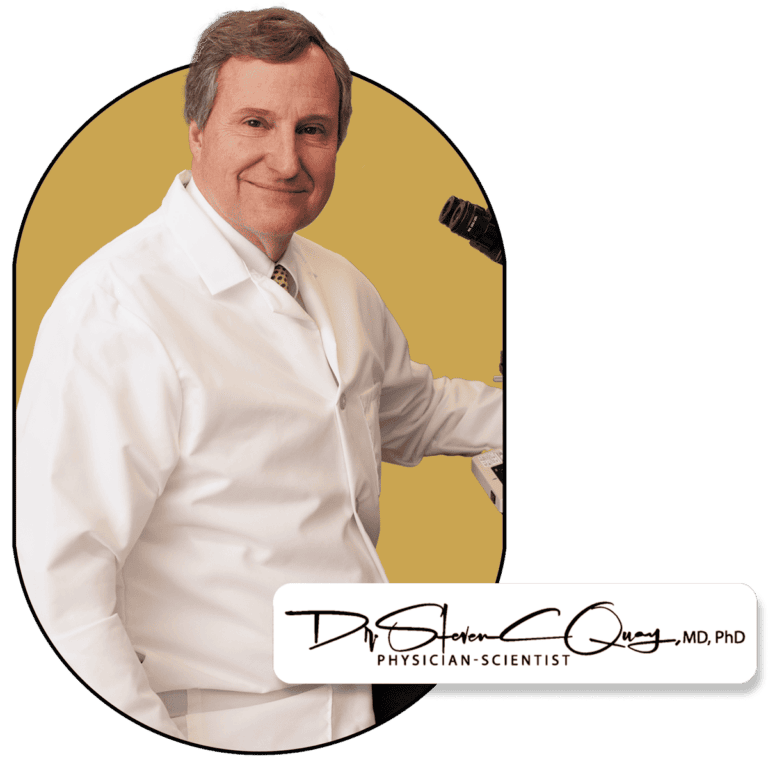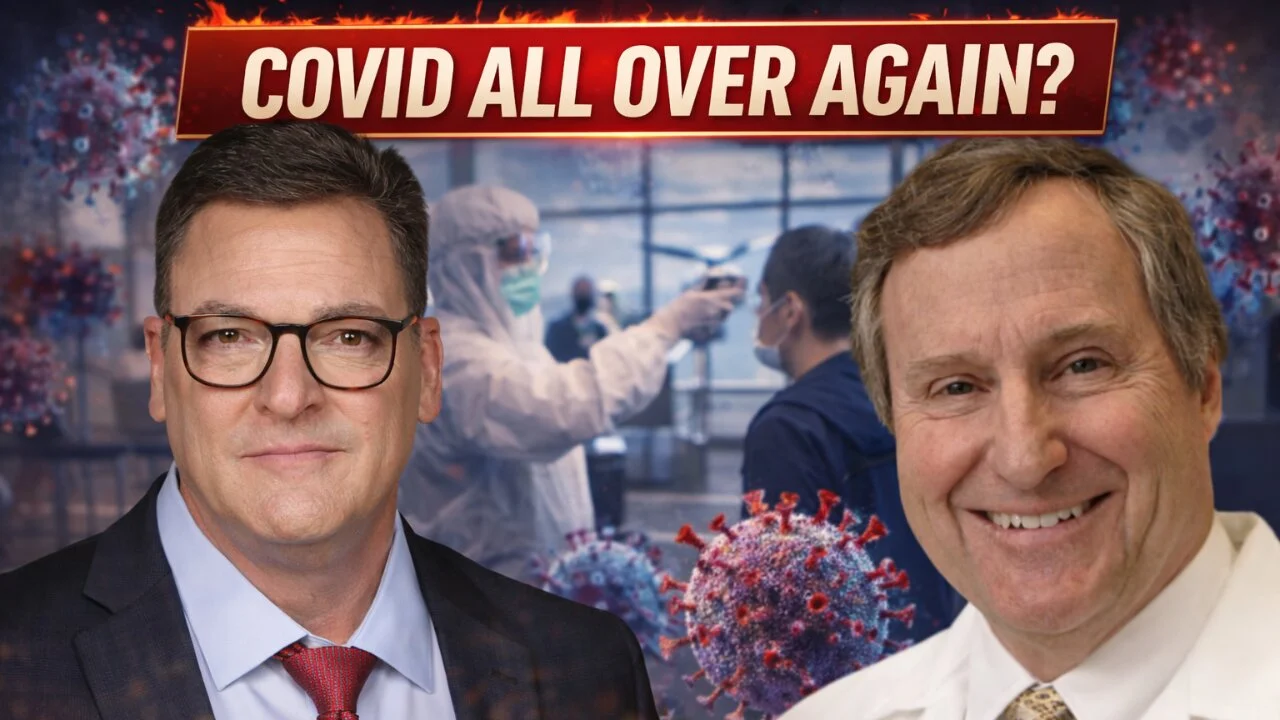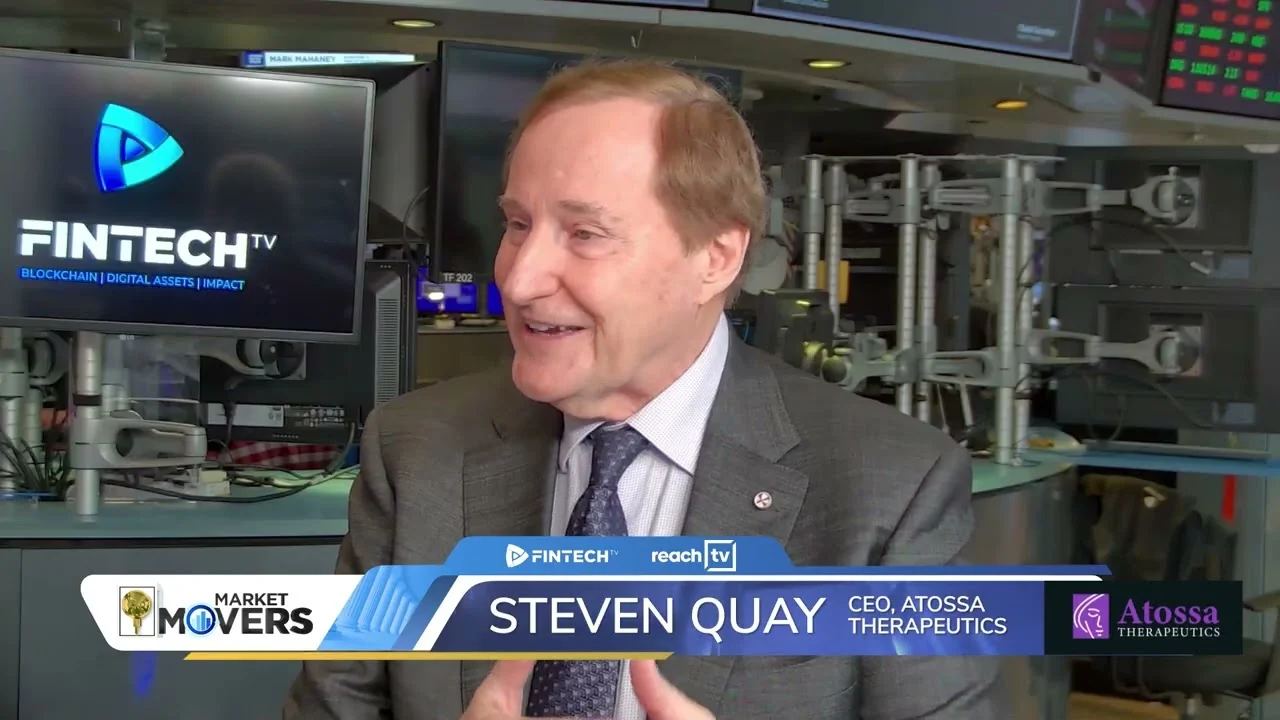- Taiwan News
- November 1, 2024
In the video above, Dr. Steven Quay takes a deep dive into the origins of COVID-19, examining new evidence that suggests SARS-CoV-2 might have come from a lab incident rather than evolving naturally.
Early in the pandemic, Dr. Quay noticed unusual patterns in the virus’s spread. SARS-CoV-2 was first detected in Wuhan, China, far from the bat colonies where similar coronaviruses typically thrive. Wuhan, however, is a major hub for coronavirus research. This led Dr. Quay to investigate a potential lab connection. Using Bayesian analysis, he estimates a probability of over 98 percent that COVID-19 originated in a lab rather than in nature.
There has also been recent claims that raccoon dogs could be possible virus carriers at the Wuhan seafood market, but Dr. Quay explains that, while raccoon dogs can harbor some coronaviruses, they don’t effectively transmit SARS-CoV-2. In lab conditions, these animals don’t easily contract or spread the virus to each other, which weakens the theory that raccoon dogs played a major role in human transmission.
Dr. Quay also shares evidence pointing to multiple lab incidents contributing to the virus’s spread. Genomic studies suggest that SARS-CoV-2 might have emerged in two phases, with an initial outbreak in September-October and a second wave in December 2019. This hints at potential lapses in lab safety protocols leading to more than one accidental release.
Addressing other theories about COVID-19’s origins, Dr. Quay finds no evidence that the virus was engineered as a vaccine or a bioweapon. While some features of the virus seem unusual, he cautions against assuming it was developed with harmful intent.
Looking forward, Dr. Quay stresses the urgent need for regulations on high-risk viral research, especially gain-of-function studies that make viruses more dangerous. He points to gain-of-function projects at the Wuhan Institute of Virology, including experiments on deadly viruses like MERS, influenza, and Nipah, all with high mortality rates. He warns that if mishandled, these viruses could pose serious threats to global health, and urges international authorities to impose strict safety measures.
Dr. Quay’s insights provide a thought-provoking look at the potential lab origins of COVID-19 and the importance of global safety protocols in viral research. Watch the full video to hear his expert analysis on this pressing issue.




